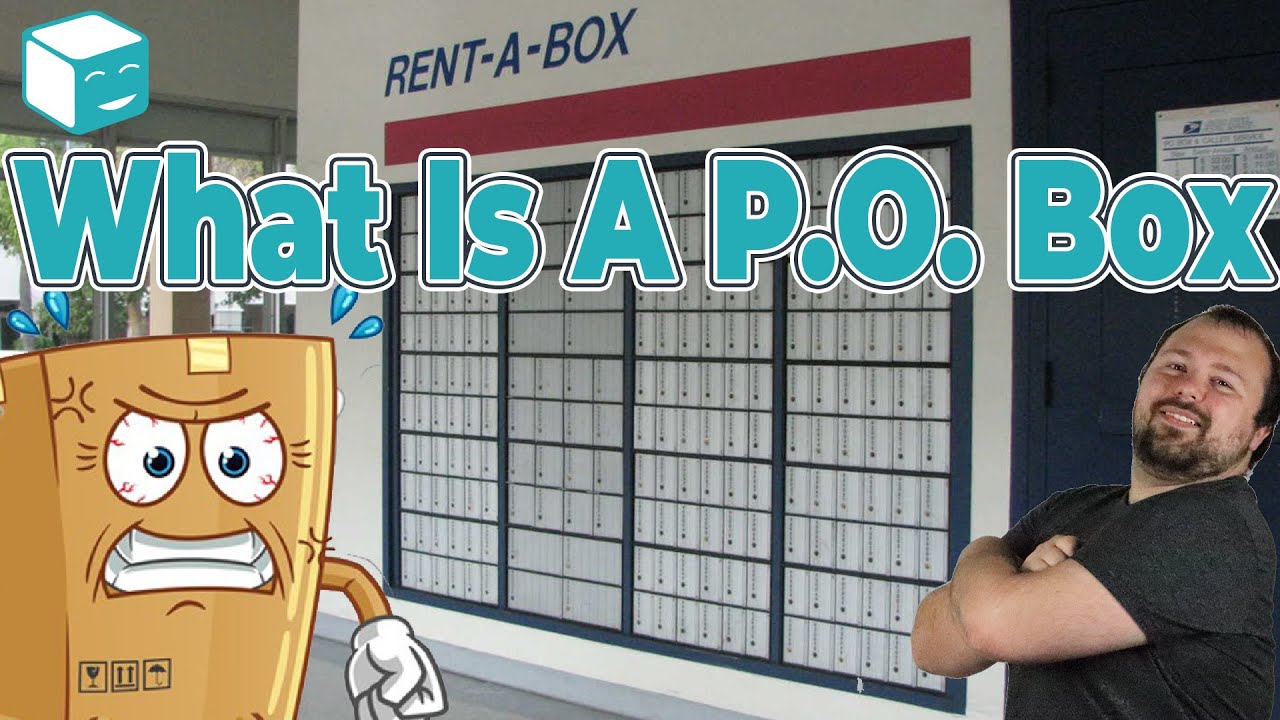How much does it cost to get a po box in 2023

The Cost of Getting a PO Box in 2023
In 2023, many individuals and businesses are turning to PO Boxes for various reasons, including privacy, security, and convenience. But one of the most pressing questions is: how much does it cost to get a PO Box? The costs can vary significantly based on various factors, including location and the specific postal service you choose.
On average, you can expect to pay anywhere from $10 to $30 per month for a standard PO Box. However, prices may differ based on the following:
- Size of the PO Box: Larger boxes generally cost more.
- Location: Urban areas may have higher rates than rural regions.
- Length of Rental: Longer rental terms often come with discounts.
- Additional Services: Services such as mail forwarding or 24-hour access might incur extra fees.
For instance, a small PO Box in a remote area could be as low as $10 a month, while a larger one in a metropolitan area might cost upwards of $30 a month. Some postal services also offer annual payment options that can save you money compared to monthly payments.
Benefits of Obtaining a PO Box
Besides addressing the question of cost, understanding the benefits of obtaining a PO Box can help you evaluate if it’s worth the investment. Here are some notable advantages:
- Privacy and Security: A PO Box provides a level of privacy, making it an excellent option for those who prefer not to disclose their home address.
- Reliable Mail Delivery: With a PO Box, your mail is kept secure even when you’re not available to receive it.
- Professional Appearance: Businesses often utilize PO Boxes to enhance their professional image, as they offer a dedicated mailing address.
- Accessibility: Many postal facilities offer 24-hour access to your box, making it convenient to pick up your mail at any time.
- Organized Mailing: Using a PO Box can help keep personal mail separate from business correspondence.
Other Costs to Consider When Getting a PO Box
Aside from the primary fees associated with renting a PO Box, there are additional costs you might encounter. Understanding these can provide a more comprehensive view of the overall expense involved. Here are some key factors to keep in mind:
Initial Setup Fees
Many postal services may charge a one-time setup fee when you first apply for a PO Box. This fee typically ranges from $5 to $20 but can vary depending on the provider and location.
Key Deposits
If a key-based system is used for your PO Box, you might have to provide a deposit for the keys. This is a security measure that can range from $5 to $20, refundable if the keys are returned in good condition.
Forwarding Services
If you opt for mail forwarding services, be prepared for additional costs. Forwarding is convenient, especially for businesses with a remote workforce. Rates for these services can vary based on the carrier and may be a monthly flat fee or charged per piece of mail.
Factors Influencing PO Box Prices
The cost of acquiring and maintaining a PO Box is influenced by several factors. Being aware of these can help you make an informed decision:
Location
The geographic area plays a significant role in how much you can expect to spend. Areas with higher demand for postal services, such as urban centers, typically charge more due to property and rental pricing.
Box Dimensions
PO Boxes come in various sizes—small, medium, and large. As mentioned earlier, larger boxes tend to incur higher monthly fees. Assess your mailing needs before deciding on a box size to avoid unnecessary expenses.
Duration of Service
Most postal services offer different pricing structures based on the length of service. Opting for a longer rental period (like 6 to 12 months) can yield a discount compared to the monthly rate.
Usage Frequency
If you frequently receive packages, you might consider using a PO Box as a secure receiving point rather than relying on your home address. This could save you money and offer peace of mind.
Choosing the Right Provider for Your PO Box
Once you’ve decided to rent a PO Box, the next step is to choose the right provider. Different carriers offer varying levels of service, so consider the following:
Comparison of Providers
It’s advisable to compare multiple providers and their offerings. Major carriers like the United States Postal Service (USPS), along with private entities like UPS Store and FedEx Office, each have unique benefits.
Customer Service and Support
Look for carriers renowned for quality customer service. Accessibility and help with any issues that arise should be a priority, especially if you’re using the PO Box for critical communications.
Reviews and Recommendations
Do your due diligence by checking online reviews and asking for recommendations from peers. This can not only guide you to reputable services but also give insights into potential hidden fees or issues.
Service Level Differences
Some carriers provide enhanced services like package tracking or notification services, which may affect the overall cost. Be sure to weigh these options according to your personal or business needs.
Tips for Using Your PO Box Efficiently
Once you have chosen a PO Box and set it up, there are a few best practices to make the most out of your investment:
- Regular Check-ins: Be consistent in checking your PO Box, especially if it’s used for business purposes.
- Use Online Features: If your provider offers online tools or apps, take advantage to track your mail and manage your box remotely.
- Keep Information Updated: Make sure your contact information is current with your provider in case you need to be notified of delivery or important updates.
- Communicate with Senders: Inform your friends, family, and customers about your PO Box address so they can send correspondence efficiently.






